Explore the Best AI Image Gallery
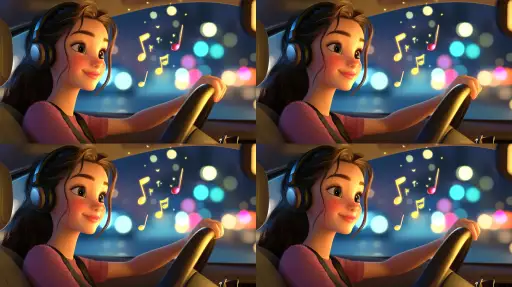
Capturing Reality, Reimagining Imagination: AIs Impact on Product Photography
The world of product photography is undergoing a radical transformation, driven by the burgeoning field of artificial intelligence. From generating stunning visuals to automating tedious tasks, AI is reshaping how products are presented and perceived in the digital realm. This blog post delves into the multifaceted impact of AI on product photography, exploring its potential uses, ethical considerations, and future trends.
A New Era of Visual Storytelling
AI-powered tools are empowering businesses to create high-quality product images with unprecedented ease and efficiency. Algorithms can analyze existing photos, identify key features, and generate variations showcasing products from different angles, backgrounds, or lighting conditions. This eliminates the need for extensive photo shoots and allows brands to rapidly adapt their visuals to changing trends and customer preferences.
Applications of AI in Product Photography
- Image Generation: AI can generate entirely new product images from scratch, based on textual descriptions or existing data. This opens up possibilities for creating unique visualizations and experimenting with different aesthetics.
- Style Transfer: AI algorithms can transfer the style of one image onto another, allowing brands to apply artistic filters or create consistent branding across their product imagery.
- Virtual Try-On: AI-powered apps enable customers to virtually try on products such as clothing, accessories, or makeup using their smartphones or webcams. This enhances the online shopping experience and reduces returns.
- Automated Editing: AI can automate repetitive editing tasks, such as color correction, background removal, and image resizing, saving time and resources for photographers.
Ethical Considerations in AI-Generated Imagery
While the potential of AI in product photography is undeniable, it also raises important ethical considerations:
- Authenticity and Transparency: It is crucial to clearly distinguish between AI-generated images and real photographs. Consumers should be informed about the use of AI and have the ability to make informed decisions.
- Bias and Representation: AI algorithms are trained on existing data, which can perpetuate societal biases. It is important to ensure that AI-generated imagery reflects diversity and avoids harmful stereotypes.
- Copyright and Intellectual Property: The ownership of AI-generated images remains a complex legal issue. Clear guidelines and regulations are needed to address these concerns.
The Future of Product Photography: A Human-AI Collaboration
As AI technology continues to evolve, the future of product photography envisions a seamless collaboration between human creativity and artificial intelligence.
- Augmented Creativity: AI will act as a powerful tool to augment the creative process, providing photographers with new possibilities for experimentation and innovation.
- Personalization at Scale: AI will enable brands to create highly personalized product images tailored to individual customer preferences.
- Immersive Experiences: AI-powered technologies such as augmented reality (AR) and virtual reality (VR) will transform how consumers interact with products, allowing them to explore detailed 3D models and simulate real-world usage.
By embracing the potential of AI while addressing ethical considerations, the creative industry can unlock a new era of captivating product photography that elevates storytelling and enhances the consumer experience.

](https://images.ai-img.art/thumbnails/150/99160160c478b524ba92aa139b5b6aef0be4f3368720294c1dc3fe8fc4cbdd90.webp)
](https://images.ai-img.art/thumbnails/150/c567a1358478083ae41a0cfe6091474ff06e613a84b6c29ca3a26beb2bd76142.webp)


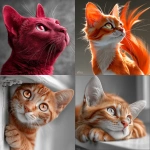
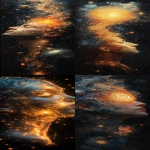
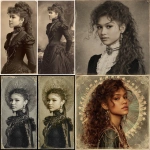
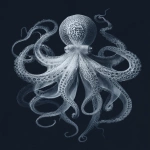
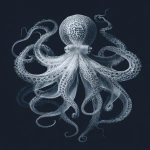
](https://images.ai-img.art/thumbnails/150/6ac2c201a41e2b8724571746d5719f3f25acc52d87a2077f62dcbae44495108e.webp)
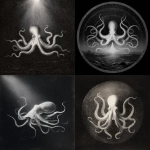


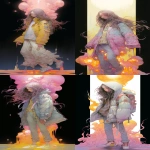
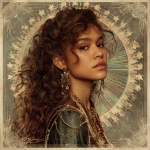




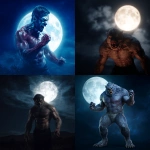








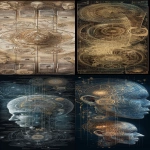

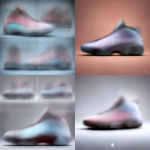
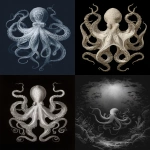

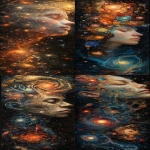





](https://images.ai-img.art/thumbnails/150/0349dd8cf310ed10eba1fc74a6f316b8982c8c2bda7e033d1c1e3dc87d849258.webp)
](https://images.ai-img.art/thumbnails/150/ddfcd3cfcd96dd8d48f26fc2a0406d5daa1e8ff5c17fd91de6502c7107ca08ac.webp)



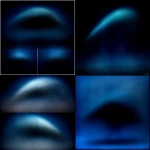
](https://images.ai-img.art/thumbnails/150/d912741b1ab16ff573f976b1d875060fed0db91bf03973bae8f91338eb0863a8.webp)


